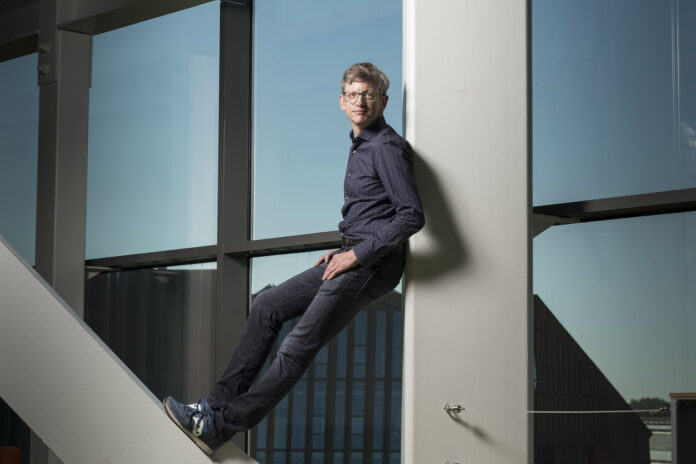This week, columnist Dirk-Jan Scheffers wonders if we should continue to employ retired professors. Aren’t they taking away opportunities for paid researchers?
The Scots have a special word for small: ‘wee’. But it’s also the name given to an important gene that controls the way cells divide. This gene was discovered in Edinburgh, by Paul Nurse, who was doing groundbreaking research on yeast. In 2001, he was awarded the Nobel Prize for his work.
In the United Kingdom, Nurse, a gifted scientist and communicator, was dubbed the ‘David Beckham of Science’. For my younger readers: At the time, David Beckman was the most popular football player in the world. Currently, as can be seen on the documentary on him on Netflix, he is mainly focused on beekeeping.
Recently, Nurse (now Sir Paul) reappeared in the news. The Royal Society, the British equivalent of the Dutch KNAW, nominated him to be their next president. Nurse served in this role before, from 2010 to 2015.
Not all of the Society’s members are happy with his nomination, since it’s never had a female president, and they feel the Society is a bit too much of a boys club. Or should I say, old boys club? Nurse is currently 76 and will be 81 by the time his term ends.
Retirees said retirement polices are too rigid
A little over a year ago, UKrant did a series of articles on retired professors who kept working at the UG after their retirement. They are actively involved in researched, supervise PhD candidates, and some of them are even still teaching.
The retirees interviewed said retirement policies were too rigid, mentioning how they could help ease the work stress on their colleagues who hadn’t retired yet.
It’s brilliant that, in part because of scientific breakthroughs, people can continue to do research even at an advanced age. However, there are a few questions the academic community should be asking itself.
If retirees stick around to relieve work stress, aren’t they taking up positions for which other people could be paid? And with the coming cutbacks, how can we prevent people from being pressured to work without pay after their retirement?
Should we put together a special fund for retirees?
Increasingly, older scientists are still being awarded research grants the terms of which extend beyond their retirement. Since we’ll be getting less money for research, shouldn’t we be making sure that money actually goes to people who are being paid by the university to do that research?
Or should we perhaps be putting together a special fund for retirees?
Finally, I’d like to call to mind the Max Planck principle: in 1950, he said that important scientific insights don’t happen because they convince dissenting influential opponents, but because these opponents eventually leave, leaving the next generation to look at the material with a fresh set of eyes. A recent literature study showed that this is at least true for my particular field (life sciences).
Like the real David Beckham showed, it can be quite liberating to trade the wasp nest for a beehive. While I don’t really know what the future will bring, I think that’s what I will do.
That is, if bees still exist fifteen years from now.
DIRK-JAN SCHEFFERS




